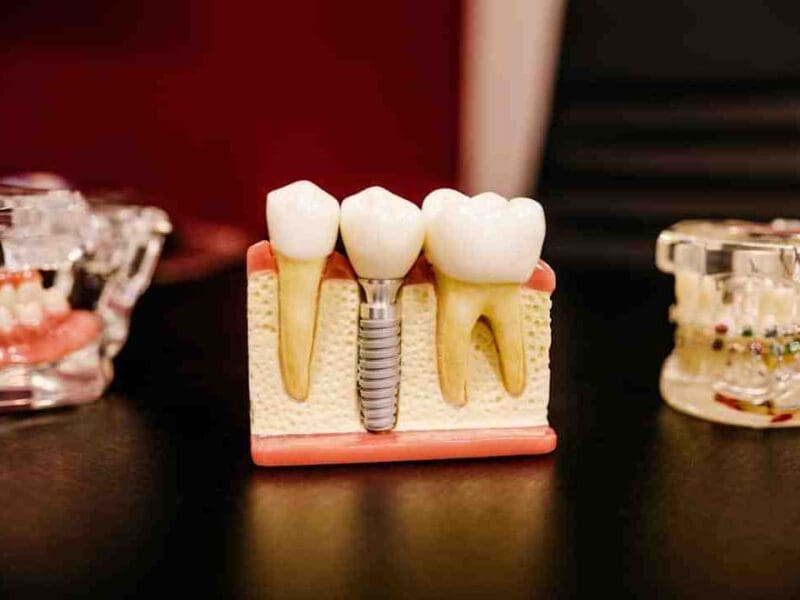Unveiling the Enigma of Sexual Anhedonia: Causes, Impacts, and Pathways to Pleasure Recovery
What is sexual anhedonia?
Sexual anhedonia, also called pleasure dissociative orgasmic dysfunction, is a condition in which an individual experiences little to no pleasure during sexual activity (ejaculation with the absence of an orgasm or pleasure), despite having a normal or heightened libido. This can result in a lack of sexual satisfaction and a reduced desire to engage in sexual activities. It has been considered as a variant of hypoactive sexual desire disorder (HSDD) as well.
On a technical note, sexual anhedonia needs to be differentiated from asexuality. This can be done by adding a rider of “significant distress”. Asexuality is defined by the lack of sexual attraction to people of any gender and a person is asexual by birth rather than as a result of anything. A person with sexual anhedonia, on the other hand, is able to feel sexually attracted to a person, able to look forward to and anticipate sexual intimacy and is markedly distressed about the lack of pleasure during an orgasm; that’s what leads them to seek help.
What are the causes?
An individual can experience sexual anhedonia one of both ways; sexual anhedonia as a primary condition (present from the very first time they engage in sexual activity) or it can be a secondary condition, which develops later in life.
Psychological concerns, medical conditions, specific medications, substance abuse and relationship issues have been identified as some of the most common causes of sexual anhedonia.
Depression, anxiety, stress, and sometimes, past traumatic experiences can have a significant impact on an individual’s ability to experience sexual pleasure. Sexual abuse, assault or violence can result in sex being associated with emotions like fear, anxiety or shame, and often even with physical manifestations such as pelvic pain or difficulty with arousal during intimate moments.
Anxiety surrounding communication gaps, trust-related concerns and lack of intimacy can also interfere with sexual pleasure and indirectly cause sexual anhedonia.
Overexposure to sex is also a factor that can contribute to sexual anhedonia by desensitizing an individual to sexual stimuli. Over-exposure to pornography or excessive sexual activity can not only create unrealistic expectations of sex, but also decrease a person’s sensitivity to the natural and pleasurable aspects of sexual experiences. Additionally, it can lead to feelings of guilt or shame, further interfering with an individual’s ability to experience sexual pleasure.
Certain medical conditions such as diabetes, neurological or spinal disorders, hormonal or nutritional imbalances (prolactin, testosterone, pyridoxine), and chronic pain can affect sexual function and pleasure as well. These conditions cause physical changes in the body that affect sexual response and make it difficult to experience pleasure. Similarly, medications such as antidepressants and blood pressure pills can interfere with sexual pleasure by affecting hormone levels or other physiological processes that are involved in sexual responses.
Substance abuse, including alcohol and drug use, can also have a negative impact on sexual pleasure by interfering with the body’s ability to respond to sexual stimulation.
Is it permanent? Can you do anything to make it go away?
Sexual anhedonia need not be a permanent condition. However, the treatment for it will depend on the underlying cause of the condition. If the cause is related to a medical condition, medication side effects, or substance abuse, addressing these concerns can often improve sexual pleasure. In some cases, switching medications or reducing substance use can lead to improvements in sexual function.
If the cause is related to psychological factors such as anxiety, depression, or overexposure to sex or trauma, psychotherapy or counselling may be recommended. The focus will be to help the person overcome negative thoughts and emotions related to sex, and develop strategies for enhancing sexual pleasure. In some cases, a combination of medical and psychological interventions may be needed to address this condition effectively.
Any treatment for sexual anhedonia, in most cases, takes time, consistency and a good amount of patience before significant improvements are seen. And even if slim, we always have to consider the possibility of recovery not being 100% and counsel the patient accordingly. Of course, prognosis would vary from case to case, but, from the vantage point of a sexual health experts, I can say that the earlier the treatment starts, the better the expected outcome.







